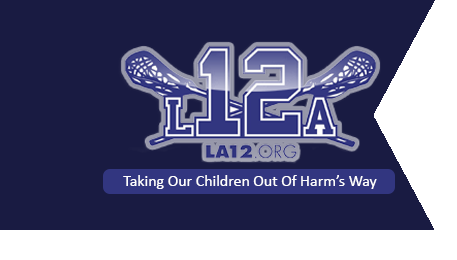School Says State-Required Defibrillator Saved Studen
Family Residences and Essential Enterprises, Inc. Receives Grant from the Louis J. Acompora Memorial Foundation for Life-Saving Defibrillators
January 29, 2007Recognizing Save #30 for Louis’ Law!
February 14, 2007By OMAR AQUIJE, oaquije@poststar.com
Monday, February 5, 2007 10:55 PM EST
GLENS FALLS – A 7-year-old student is alive today because of an automatic external defibrillator his school purchased to comply with a 2002 law, making him the first in the Glens Falls City School District to be saved by the device.
Officials at Big Cross Street Elementary School used the AED on Friday to save Adam Chen, whose heart stopped beating during gym class.
An AED determines if a person who is suffering from a heart attack needs an electrical pulse, which restores a normal heart rhythm. EMT crews were still on the way to the school when the AED was used.
The device must be used immediately because the chance of a victim’s survival decreases by 10 percent with every minute that passes, according to www.aed.com.
“Had this not been available at the school, he would have died,” said Dr. Florence Nolan, who treated Adam when he was taken to Glens Falls Hospital.
He was later transported to Albany Medical Center, where he was still in intensive care Monday.
It is not known how long he will be hospitalized. But if everything goes well, he could be released in a week, Nolan said.
It is unlikely, however, that Adam will be able to play sports, she said.
The AED’s memory allowed medical personnel to learn what happened with Adam’s heart during the incident — information that would not show in an autopsy, leaving the death unexplained, Nolan said.
A family spokesman would not comment Monday.
There are two AEDs at each Glens Falls high school and middle school. Each elementary school also has a device.
One of the AEDs — which cost $2,500 each — is brought when students go away on trips or road games, and schools are responsible for having one when they host games, said Glens Falls Superintendent Thomas McGowan.
He said the Big Cross staff did a very good job responding to the incident and followed protocol.
“We were very fortunate that we had the machine and everybody did what they had to do,” McGowan said.
In 2002, an education law was created requiring each New York school district to have at least one AED in its facilities. Districts also have to ensure that each building has at least one staff person who is trained to use the device.
Nolan said anyone who has a family member who died suddenly and unexpectedly — without obvious trauma — should have an EKG to determine if he or she has Long Q-T syndrome, a hereditary disorder of the heart’s electrical rhythm that can occur in otherwise healthy people.
© Copyright 2007 Lee Publications, Inc. DBA The Post-Star

